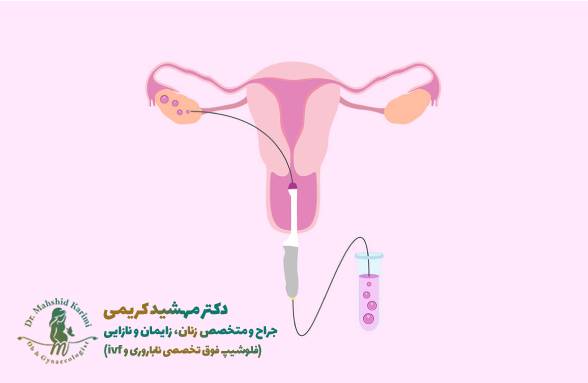

مقالات مرتبط
مقالات دیگر از این نویسنده

Orthodontics for adults Isn't it too late?
۱۹ آذر, ۱۴۰۴elibaghi195@gmail.com دیدگاه: 0روش های زیبایی دندان در سالهای اخیر، درخواست انجام ارتودنسی برای بزرگسالا...

What is the most important effect of orthodontics on the general health of the body? - Specialized dental office of Dr. Mahdieh Khosravi
November 1, 1404elibaghi195@gmail.com Comments: 0Dental cosmetic proceduresAt first glance, orthodontic treatment may...

Orthodontics and systemic diseases: key points for diabetic and cardiac patients
November 8, 1404elibaghi195@gmail.com Comments: 0Dental beauty methodsOrthodontic treatments are no longer only for h...

The effect of combat and contact sports on the health of teeth and the need for orthodontics - Dr. Mahdieh Khosravi's specialized dental office
21 Mehr, 1404elibaghi195@gmail.com Comments: 0Dental Cosmetic ProceduresCombat and contact sports such as boxing, kar...

The relationship between genetics and jaw abnormalities, how do genes affect orthodontic treatment? - Specialized dental office of Dr. Mahdieh Khosravi
November 15, 1404elibaghi195@gmail.com Comments: 0Dental beauty methodsEach person's face is a unique combination of...

After orthodontics: what care is necessary for the stability of the result?
۱۵ دی, ۱۴۰۴elibaghi195@gmail.com دیدگاه: 0روش های زیبایی دنداندرمان ارتودنسی تنها زمانی موفقیت واقعی به همراه دارد که...

How is puncture or ovulation done in IVF?
پانکچر یا تخمککشی در IVF چگونه...

Implantation of dental implants in Sepidan Implant specialist in Sepidan
Dr. Seyed Musa Miri Implant What you will r...

Comparison of fixed and mobile orthodontics Differences, advantages, disadvantages and cost
دکتر سید موسی میری ارتودنسی آنچه خواهید خواند: Toggl...

Shiraz implant and diabetes Free consultation Diabetes patients Sadra Dental Clinic
Dr. Seyed Musa Miri Implant What you will r...

Installment orthodontics in Shiraz without profit Free consultation The cost of orthodontic installments for children
Dr. Seyed Musa Miri Orthodontics What you w...

What is mobile orthodontics? A complete guide to advantages, disadvantages + removable orthodontics in Shiraz
دکتر سید موسی میری ارتودنسی آنچه خواهید خو...

What is fixed orthodontics? Complete guide + advantages, disadvantages and cost in 1404 Shiraz
Dr. Seyed Musa Miri Orthodontics What you w...

What is the cause of sciatica? Getting to know the most important causes and background factors
Table of contentsThe most important cause of sciaticaThe cause of sciatica is caused by pro...

Influenza Dr. Diana Hosseini
Influenza, also known as the flu, is a highly contagious respiratory disease caused by influenza viruses. Flu symptoms c...

What is the best ointment for vaginal burning?
Table of contentsWhat is the best ointment for vaginal burning?How to choose the best ointm...

Get to know the symptoms of gastritis more and better.
Table of ContentsWhat are the symptoms of gastritis?Symptoms of gastritis in pregnancysympt...

SEO site management services
Search engine optimization (SEO) services help you to rank your website higher in the search results of Google and other search engines.

Implementation of branding and digital advertising
Digital branding means creating a strong and distinctive brand in the digital space for a company or a specific product. This process involves using digital methods and strategies to build and strengthen the brand.

Website design for companies and businesses
Website design for companies and businesses can help you have a stronger online presence and attract more customers. Contact us for more information.
